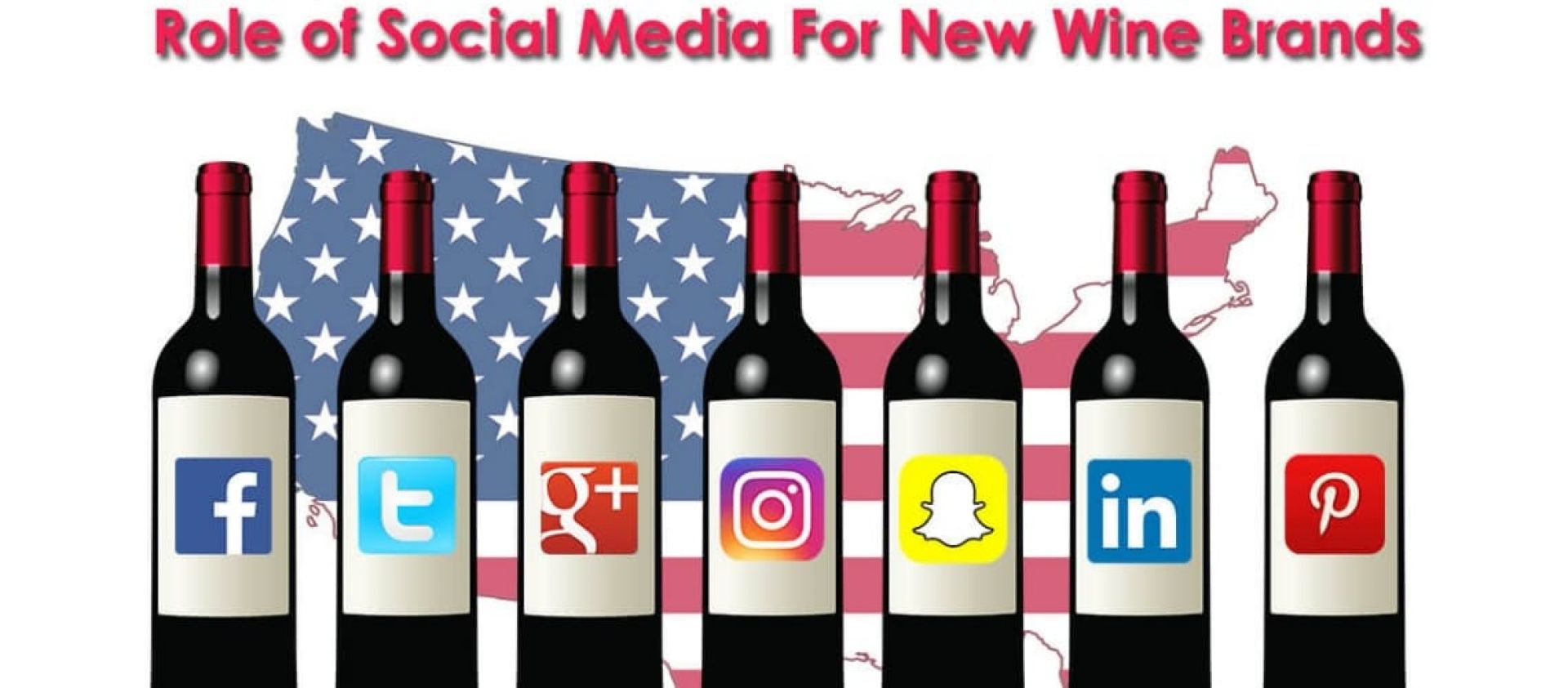
Insights
How Important Is Social Media in Gaining Entry Into the U.S. Market?
In many ways, social media has changed the way new wine brands gain attention within the U.S. marketplace.
Previously, the role of wine critics was paramount, and that meant the score a wine received was perhaps the most effective marketing tool a winery could use. Now, though, with the growth of new social media platforms, word of mouth has taken on a much greater role. Peers, quite simply, are the new pundits.
At the USATT Conference 2016, Scott Ades, CEO of The Winebow Group, noted that scores still play an important role in the way consumers perceive wine brands. As he points out, over the past 10 years, scores have become “exceedingly important.” They are now the benchmark for how wines are judged. As he notes, the difference between an 89 and a 90 score could be huge. And even more so on a year-over-year basis. Just a one-point fluctuation in scores could have a huge impact on volume for the wine for that year. Yet, he also notes that he’s seeing more information getting out in the blogosphere and on social media, and this social content is starting to have an especially strong gravitational pull for younger wine drinkers. These younger millennials are more attuned to social media, and the role of new influencers, who may or may not be the traditional wine critics.
Over time, he says, this trend will only build, especially as millennials start to account for a larger and larger segment of the wine market. But for now, the vast majority of wine drinkers are still driven by scores. There is a conundrum facing many wine brands. They had previously staked their entire efforts on getting a 90 score from a critic as a validation for their brand. Now they are shifting their strategies and putting greater emphasis on building their reputation via social. Stories are what drives word of mouth these days. Everyone wants to tell stories - about what they are drinking, how they found it, and why it’s different from everything else in the marketplace today. As a result, if you have a compelling story, it’s possible to empower a new type of scale. Previously, you needed a brand budget to be able to tell a story in public. But now social enables this scale at a very affordable price.
This empowers small brands to compete on a completely new scale. But you have to realize that you no longer control the message once it’s out on social. Instead, the brand can only influence and shape the message. One way to see how this plays out is in the craft beer market. According to Giacomo Turone, a VP with the wine and spirits importer Palm Bay International, “craft” matters in today’s wine, beer and spirits industry. “We’re getting involved in what we buy,” he says. There’s value in saying, “I discovered this.” If people buy a craft product, they will talk about it on social platforms, they will share it with their friends, and they will tell your story for you. They’ll explain where it’s made, and how it’s made. Ultimately, knowing the people and place behind a wine can make a great impact. That’s what makes a great story for social media -- if people understand the full story of your wine, it will help to drive sales. At the end of the day, this type of authentic story and narrative could even be more effective than slick marketing.
Hear the answer to this question at 45:12 minutes
Become a USATT exhibitor and grow your distribution in the USA. Meet importers, distributors, retailers and press. Get exhibitor information here.


